The Ministry of Women Empowerment held a national webinar with them “Menutup Kesenjangan Gender Digital: Optimalisasi Peran Perempuan dalam Transformasi Digital di Sektor Publik dan Ekonomi”, as well as the launching of Guidelines for Women’s Digital Transformation
Technological advancement impacted various aspects of life, and digital transformation had driven multiple changes in the social, economic, and governmental spheres. This development needed to be responded to while still paying attention to gender inclusion in digital transformation, bearing in mind that there is still a digital gender gap between men and women.
In the digitalization era, the gender gap also showed inequality where women experienced lagging in terms of access to and adoption of technology. At this point, gender disparities in several aspects, such as political participation, the workforce, and wage and income inequality, further limit women’s space to be involved in the national digitalization agenda.
The digital gender gap was visible in the involvement of women in the technology domain. A 2021 study commissioned by S&P Global estimates that only about a third of ICT professionals worldwide were women, with even fewer occupying senior or management roles, identifying the ICT sector as one of the worst for gender equality.
The activity, carried out on 30 November 2022, was part of the 94th Commemoration of Mother’s Day in 2022. As stated by the Deputy for Gender Equality of the Ministry of PPPA, Lenny N. Rosalin, SE, M.Sc, M.Fin, “The National Webinar We do this as part of commemorating Mother’s Day 2022, as a form of our commitment.
Ms. Lenny also added that MoWECP was collaborating with various parties to increase the potential of women in the era of digital transformation in the public and economic sectors.
“To make this happen, we are working with BSSN, IWCS, Huawei, Microsoft Indonesia, and others. This collaboration aims to increase the potential of women in the era of digital transformation in the public and economic sectors.
We also want to provide added value because, as we know, the number of women in Indonesia is around 133 million people, or 49.5%, of which 54% are of productive age. This means that women have enormous potential to contribute to the progress of the nation’s economy,” said Ms. Lenny.
“Of course, this potential should not only be limited to ideas, but we must support it together. Studies conducted in various countries have shown that if we can increase the potential of women, then the country can show positive and significant changes, which will further improve the welfare of its people,” he added.
In closing, the Deputy for Gender Equality of MoWECP also expressed her appreciation for the support of various parties so that the Guidelines for Women’s Digital Transformation could be completed. In addition, Ms. Lenny invited all parties to increase women’s potential in the digital transformation era.
“We ask for the support of all stakeholders to participate. Social norms are still an obstacle faced by women in various countries in the world. On this occasion, we would like to express our appreciation for the support and all the input that has been given so that we can complete guidelines for women’s digital transformation,” said Lenny.
“Of course, we would use these guidelines as a reference for all of us to increase the potential of women and women’s leadership in the current digital transformation era.
Finally, a gender-responsive digital economic climate that can facilitate and accommodate the potential for women’s business and innovation capabilities is significant to continue growing and contributing to our national economy.
Therefore, synergy was needed between the central, regional, and village levels with all stakeholders to ensure that women are fully involved starting from the planning stage, implementing concrete actions to create a digital ecosystem that is inclusive and gender-responsive,” added Ms. Lenny as part of the closing of this activity.

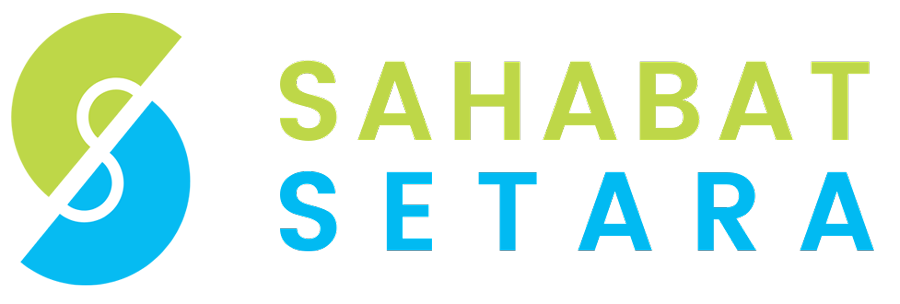
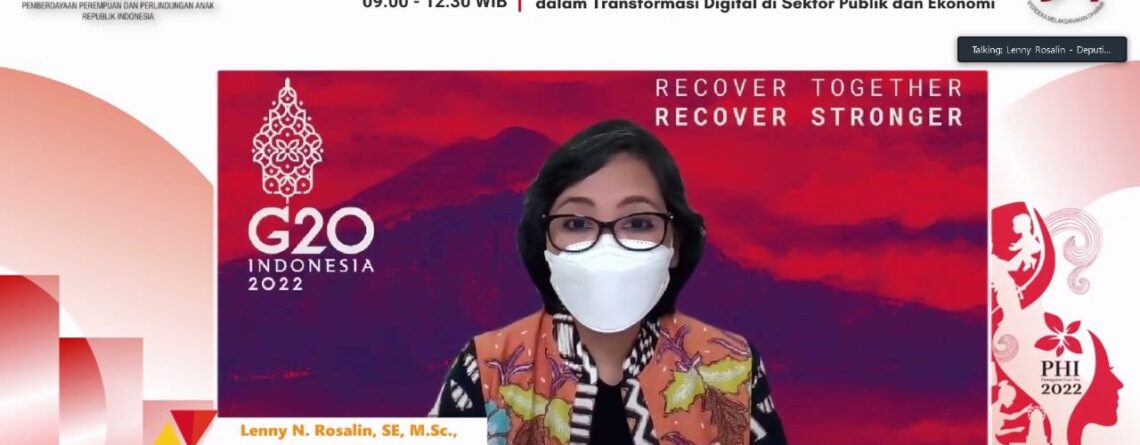
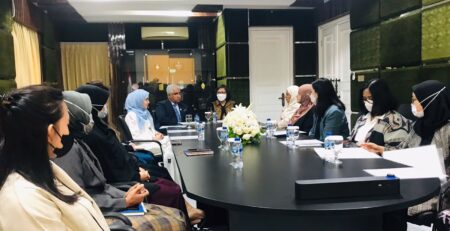
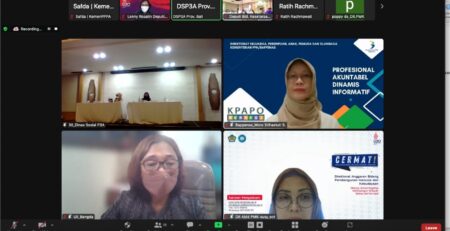
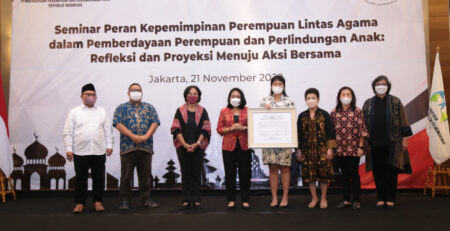
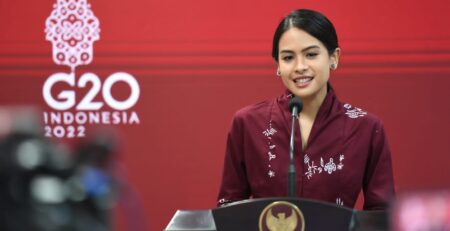
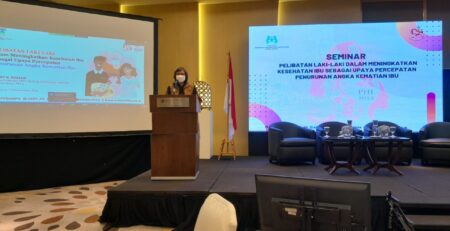
Leave a Reply